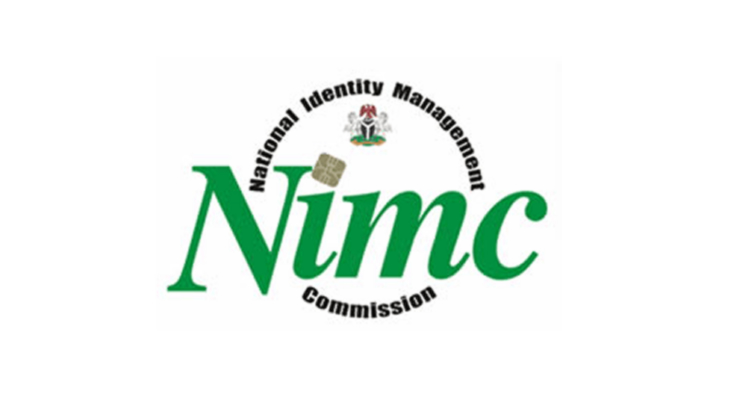The National Identity Management Commission (NIMC), the body responsible for managing Nigeria’s national identification system, has announced a significant increase in the fees associated with modifying personal data on the National Identification Number (NIN) database. This price hike, the first in a decade, affects a range of services, most notably the correction of date of birth, which has seen a 75% increase from N16,340 to N28,574. This substantial adjustment reflects the commission’s efforts to align its pricing structure with current operational costs, industry standards, and prevailing economic realities, including a high inflation rate. The move is also part of a broader strategy to enhance revenue generation, streamline tax unification, and support social intervention programs.
Other modifications to personal data on the NIN database have also experienced price increases. Changes to fields such as name or address now cost N2,000 per request, up 31% from the previous fee of N1,522. The cost of reissuing a NIN slip has also increased from N500 to N600. For premium services offered at licensed lounges and visa centres, the enrolment fee is now N20,000, while VIP slip reissuance costs N3,500. These adjustments reflect the commission’s focus on diversifying its revenue streams and providing differentiated service options to cater to varying needs and preferences.
The revised fee structure also encompasses services for Nigerians in the Diaspora. Enrolment for adults in African countries is now pegged at $50, while children’s enrolment costs $30. Slip reissuance in these countries is priced at $6. Correcting the date of birth attracts a fee of $55, while other modifications cost $10. For Nigerians residing outside Africa, name correction costs $60, with other changes remaining at $10. This tiered pricing approach acknowledges the varying economic conditions and logistical considerations associated with providing services to Nigerians across different geographical regions.
NIMC justifies the price increases by citing several key factors, including the need to keep pace with inflation, currently at 32.70%. The commission also highlights the importance of generating sufficient revenue to maintain its infrastructure, expand its service offerings, and achieve long-term financial self-sustainability. Furthermore, the price review was informed by an internal consultation process involving all departments, ensuring a comprehensive assessment of the financial implications and operational requirements associated with the changes.
The commission emphasizes that its new pricing structure is benchmarked against similar services offered by other government agencies, such as the Nigeria Immigration Service and the Federal Road Safety Corps. This comparative approach aims to establish a fair and reasonable pricing framework while maintaining consistency across government services. Moreover, the commission asserts that the price adjustments have been carefully considered to balance the need for increased revenue with the public interest, ensuring that essential identification services remain accessible and affordable for all Nigerians.
In summary, the NIMC’s decision to increase fees for NIN-related services represents a significant shift in its financial strategy. The commission aims to leverage these price adjustments to enhance revenue generation, improve service delivery, and ensure its long-term financial viability. While the increased costs may pose some challenges for individuals requiring modifications to their NIN data, the commission maintains that the new pricing structure is justified by rising operational costs, inflationary pressures, and the need to sustain its critical role in managing Nigeria’s national identification system. The commission’s focus is on balancing the need for financial sustainability with its mandate to provide accessible and reliable identification services to all Nigerians, both within the country and abroad.














